Why India's water dispute with Pakistan matters
- Published
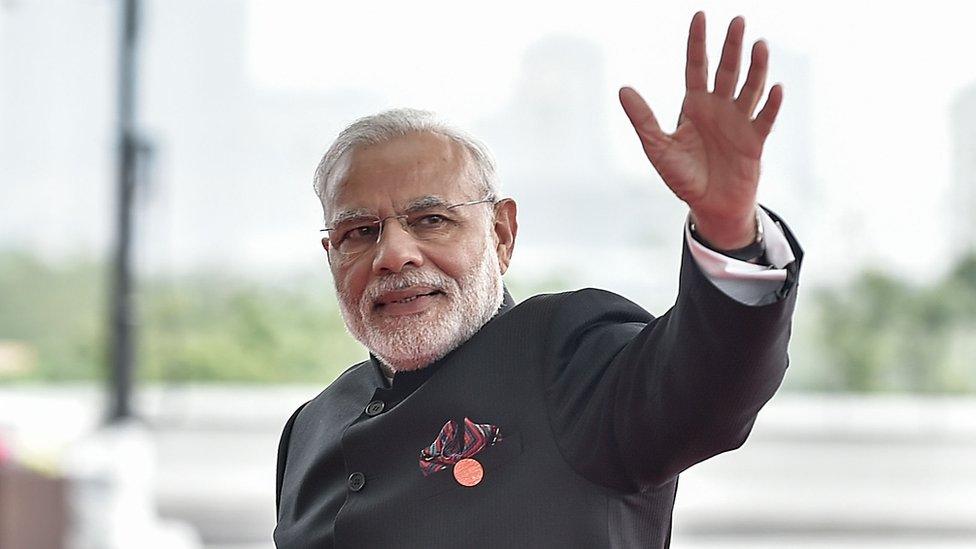
Is Indian Prime Minister Narendra Modi using water as a diplomatic weapon against Pakistan?
For years, strategic analysts have warned that future conflicts would increasingly be over one of the essentials of life itself - water.
A series of standoffs in South Asia in recent weeks suggests their predictions are now coming true, with worrying implications for peace in the region, and the world.
"Blood and water cannot flow at the same time," said Indian Prime Minister Narendra Modi on Monday, as he announced that he was suspending meetings of the committee that oversees how water is shared between India and Pakistan.
It represents a dramatic use of water as a diplomatic weapon.
Relations between the nuclear powers are poor even by the abysmal standards of these two staunch enemies.
On 18 September, India says four heavily armed militants sneaked over the contested border between the two countries and into an Indian military base. They killed 18 Indian soldiers and injured many more before they were finally "neutralised". Pakistan denies the claims.
The attack provoked a furious response in India, with politicians and pundits blaming the government of Pakistan, and urging the Hindu nationalist government of Narendra Modi to take tough action.
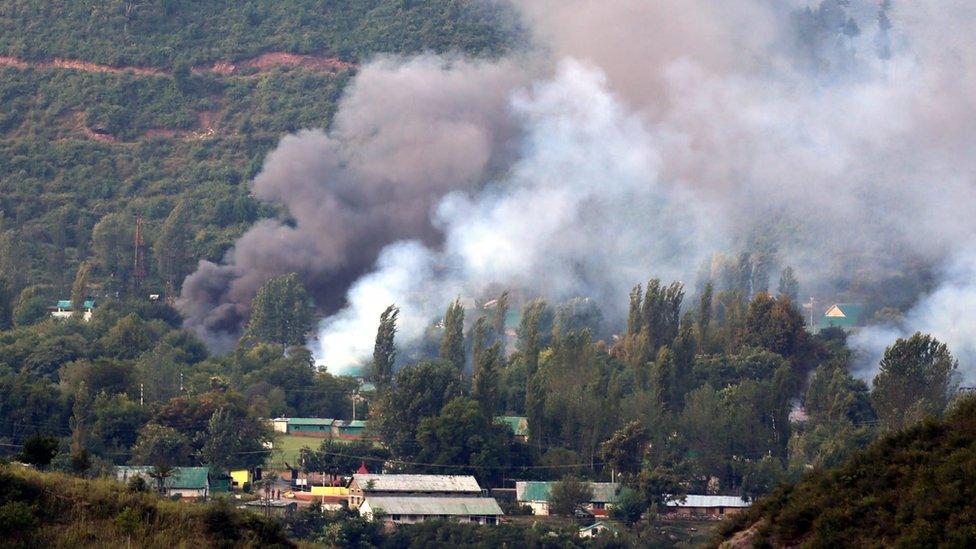
Attackers stormed the Indian army base with guns and grenades before dawn
Mr Modi's response was spectacular: a call for war, but not against Pakistan.
"I want to tell the Pakistani people: India is ready to fight you," said Mr Modi. "If you have strength, come forward and fight against poverty. Let's see who wins, who is able to defeat poverty and illiteracy first, Pakistan or India?"
It was a deft, rhetorical play, and deft statesmanship too, tacitly acknowledging that the Indian leader aims to continue his country's long-standing policy of strategic restraint in its dealings with Pakistan.
But Mr Modi clearly felt he needed to offer something to the hawks, and that's where water comes in.
The possibility of turning off the taps has been raised before, but never as forcefully as this.
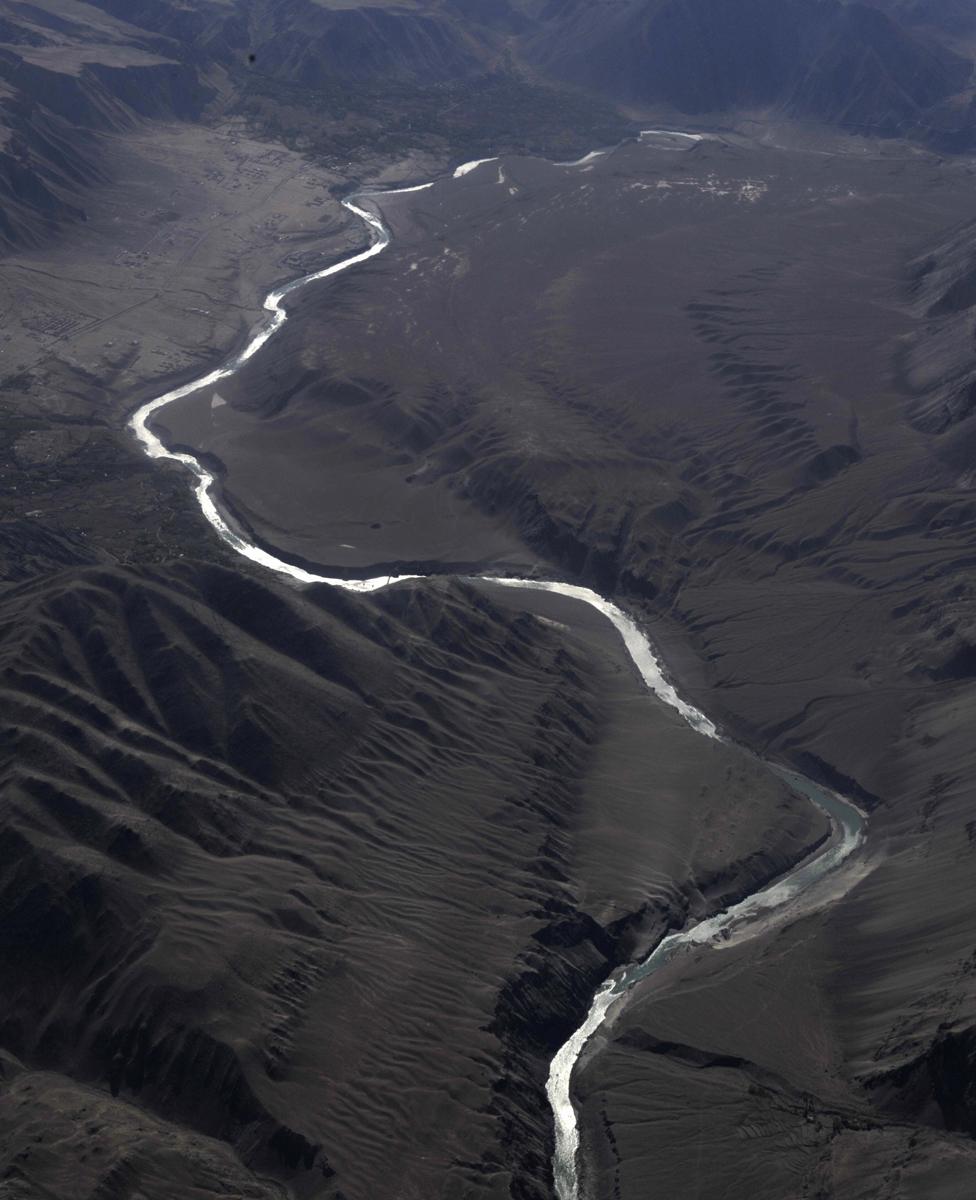
Division of the waters of the Indus river system, which spans both countries, is governed by a 56-year-old treaty, external which is regarded as one of the most successful agreements of its kind.
It has survived two wars and any number of military standoffs between India and Pakistan.
So Mr Modi's order that India explore all options to "exploit to the maximum" its use of water under the agreement will be seen as very aggressive in Islamabad.
Delhi says it will restart work on a huge dam on one of the tributaries of the Indus, the Jhelum, as well as looking at other ways to increase the use of water for irrigation, storage and hydroelectric power.
These projects would take buckets of cash and many years - probably decades - to implement, but the message is clear: we can use more than just weapons of war to hurt Pakistan.
Mr Modi is hoping that raising dams will prove a less dangerous strategy than raising guns, but evidence from his own country suggests that isn't the case.
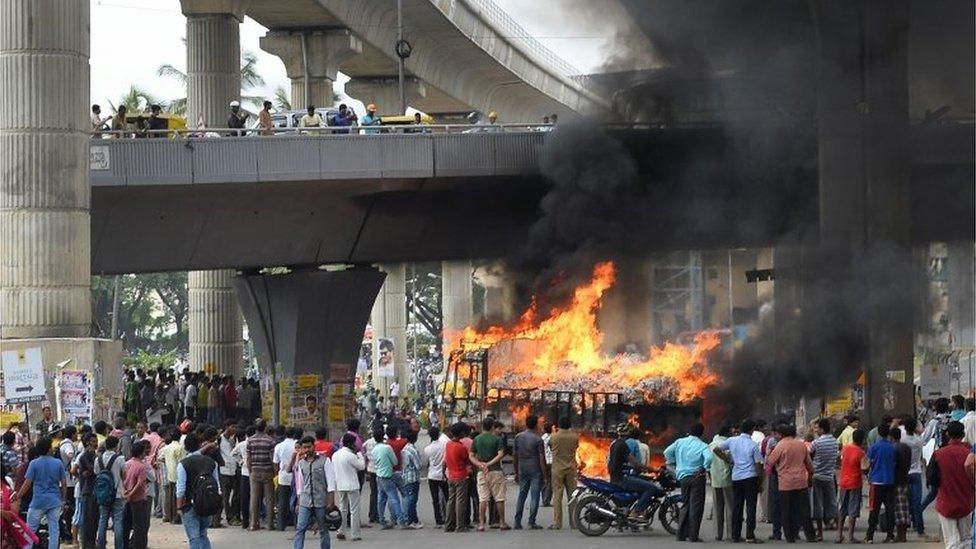
Protesters in Bangalore singled out vehicles registered in Tamil Nadu as tensions over the Cauvery water dispute erupted
On 13 September, India's tech hub Bangalore was put into lockdown after two people were killed and nearly 100 vehicles were torched in an eruption of violence in the southern Indian state of Karnataka.
At issue was how to allocate the waters of the Cauvery, a river that rises in Karnataka and flows into the neighbouring state of Tamil Nadu.
The spark that prompted the violence was an order by India's supreme court that Karnataka open its dams to relieve its downstream neighbour.
As with the Indus, sharing the waters of the Cauvery has been an issue for decades, but it is particularly fraught this year.
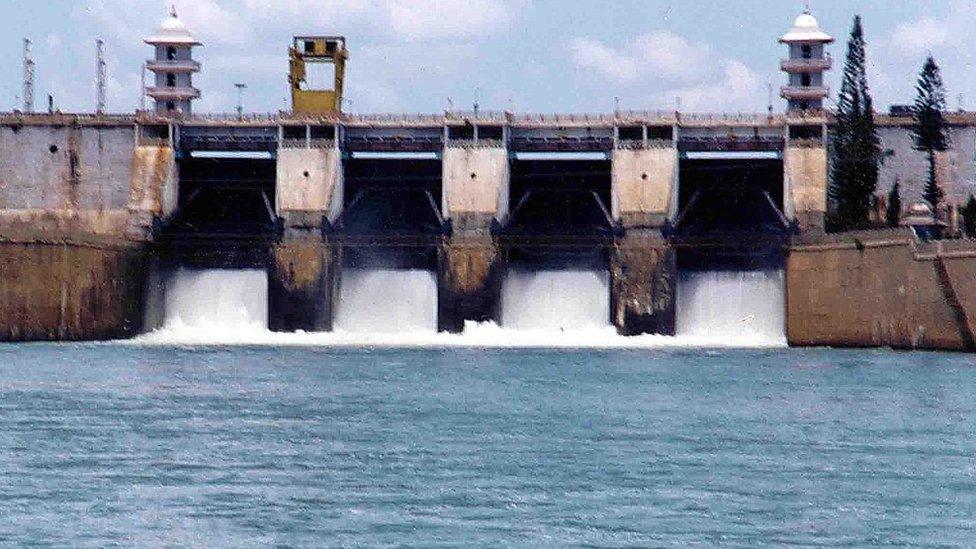
Karnataka says that water levels in the Cauvery have declined because of insufficient rainfall
South Asia has had a good monsoon, with higher-than-average rainfall almost everywhere, with the notable exception of the Cauvery basin. Between June and September, rainfall was 23% below normal and its reservoirs are now just over half full, external.
Karnataka took a firm stand, refusing to release the water. It claimed its citizens would go thirsty and its crops would be ravaged if it did. But, as a member of a federal nation, the Supreme Court could insist it open the sluices - as it did on Tuesday.
International disputes are less amenable to resolution and, as climate change alters weather patterns, meteorologists say water shortages will become more common.
There is already a host of other flashpoints around the world. Egypt, Ethiopia and Sudan wrangle over access to the rivers that feed the Nile, Turkey and Iraq over dams on the Tigris, and Israel and its Arab neighbours over access to waters of the Jordan.
The fear is that, by imperilling one of the few treaties that has successfully governed how water is shared between any nations, Mr Modi may have opened the floodgates to a new and potent source of conflict between India and its greatest enemy, and in so doing, have set a bad example for the rest of the world.
- Published27 September 2016
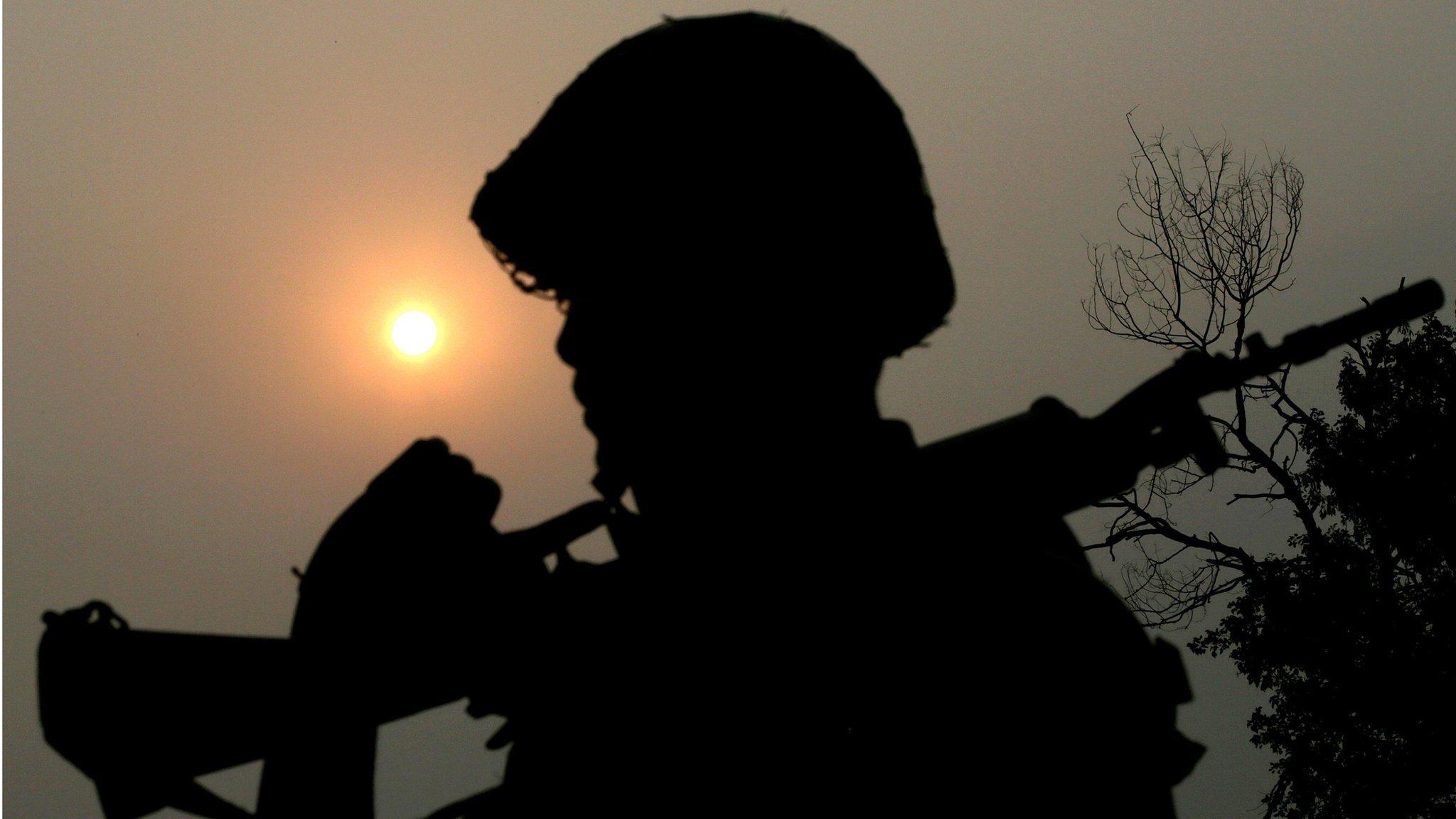
- Published24 September 2016
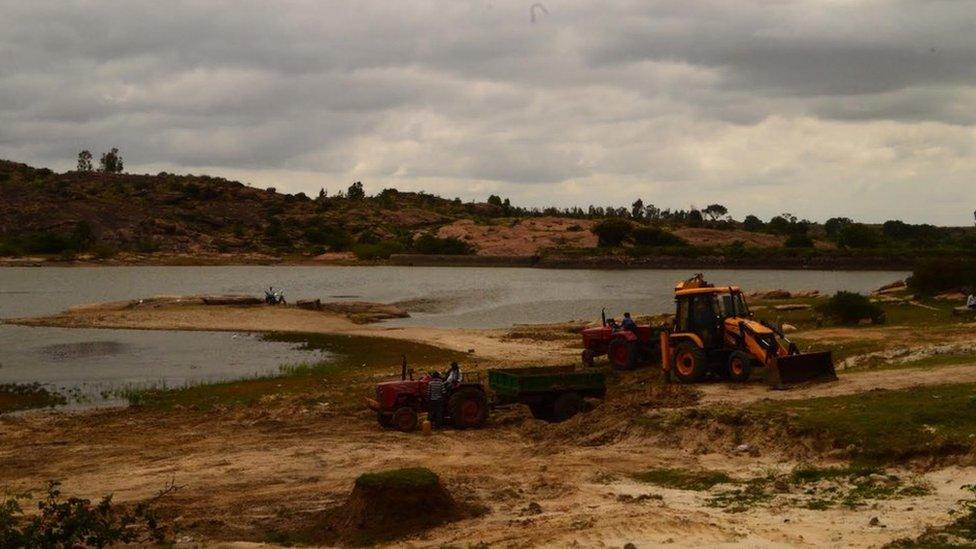
- Published20 September 2016
- Published13 September 2016
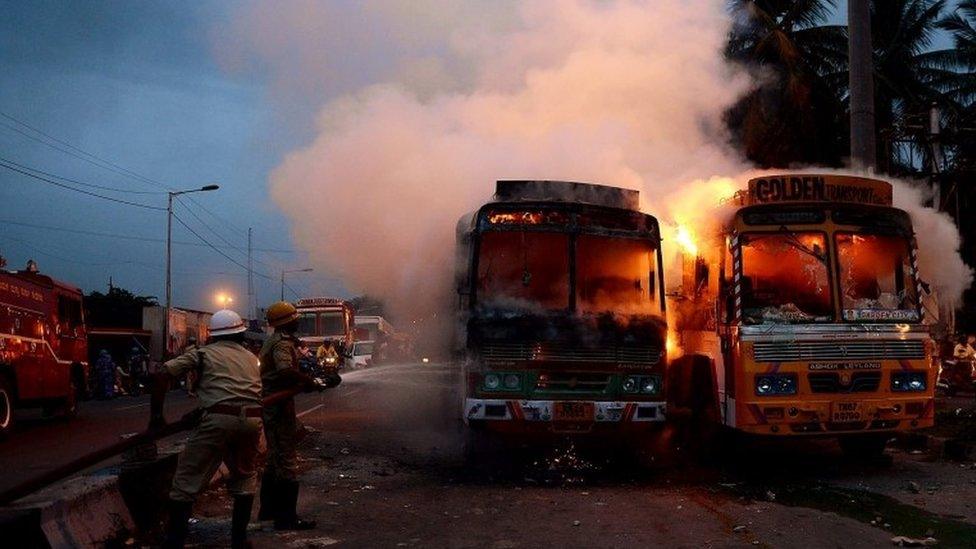
- Published12 September 2016

- Published6 August 2016